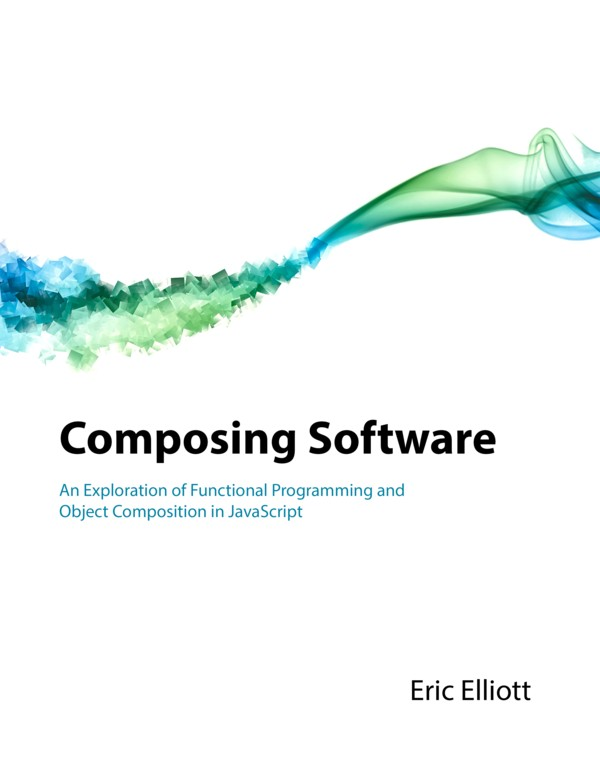

Most ebook files are in PDF format, so you can easily read them using various software such as Foxit Reader or directly on the Google Chrome browser.
Some ebook files are released by publishers in other formats such as .awz, .mobi, .epub, .fb2, etc. You may need to install specific software to read these formats on mobile/PC, such as Calibre.
Please read the tutorial at this link: https://ebookbell.com/faq
We offer FREE conversion to the popular formats you request; however, this may take some time. Therefore, right after payment, please email us, and we will try to provide the service as quickly as possible.
For some exceptional file formats or broken links (if any), please refrain from opening any disputes. Instead, email us first, and we will try to assist within a maximum of 6 hours.
EbookBell Team

4.0
36 reviewsKey Features
An exploration of functional programming in JavaScript, from basics to advanced concepts
An extensive focus on real-world applications & problem-solving techniques
An introduction to both functional and object-oriented programming for a holistic view
Book Description
This book delves into functional programming and composition techniques in JavaScript, starting with core concepts like pure functions, shared state avoidance, and higher-order functions to build modular, maintainable code. Early chapters explore the fundamentals of functional programming, immutability, and its growing influence in the JavaScript community. You'll learn essential topics such as function composition, currying, and higher-order functions, as well as advanced concepts like abstract data types, functors, and monads. The book discusses the evolution of functional programming, its role in modern software development, and addresses challenges like the software crisis and composing with classes.
You'll learn essential topics like object-oriented programming, focusing on factory functions, functional mixins, and object composition. You'll also understand why traditional classes complicate composition and discover strategies for creating custom data types, lenses, and transducers. The book also covers best practices, emphasizing clean, reusable code and avoiding anti-patterns like excessive mocking.
By the end, you'll be ready to apply functional programming techniques to tackle complex design challenges and write more maintainable JavaScript code.
What you will learn
Grasp core principles for writing clean, efficient code
Combine functions to create complex operations with ease
Write functions that are predictable and eas
…